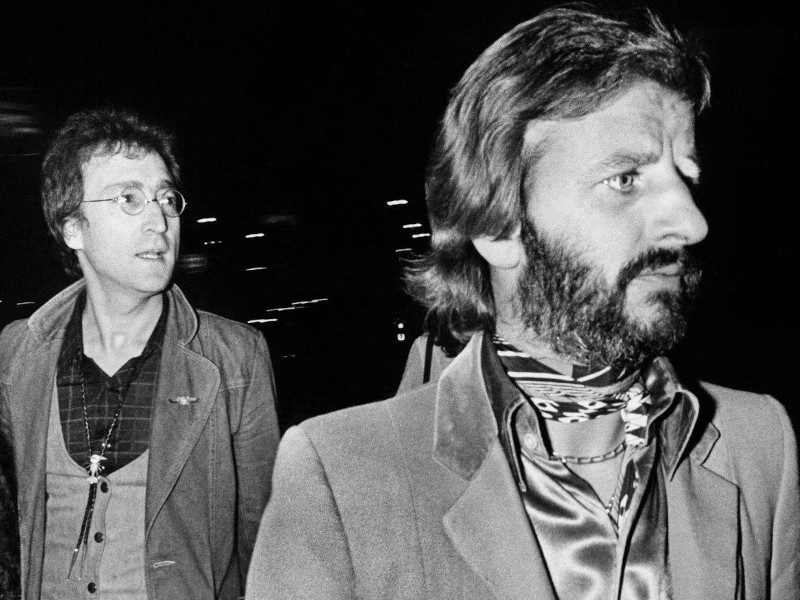In a world preparing for a deluge of machine-generated content, human talent still leads by example. Music always finds its way to survive: Paul McCartney, one of the last keepers of the Beatles' unforgettable notes, has opened a new door in the music corridor by using artificial intelligence to bring to life what he calls "the last Beatles record".
Like an alchemist separating gold from stone, McCartney completed a song by his eternal friend and alter-ego that would otherwise have remained unfinished. It is assumed that the song could be "Now And Then", a 1978 Lennon composition, since then suspended in time and now ready to be collected and assembled.
The Beatles' last album
Lennon's unreleased song has been "floating" for a long time, waiting to be (re)born. This song was also taken into consideration as a possible fruit of the Beatles' reunion in 1995, during the compilation of their Anthology series. McCartney recounts in an interview with the BBC that he had received the demo a year earlier from Yoko Ono, Lennon's widow, among several tracks on a cassette labeled "For Paul" that Lennon had made shortly before his death in 1980.
The key to solving this musical conundrum came with Peter Jackson's fantastic documentary “Get Back”. The dialogue editor, Emile de la Rey, trained computers to recognize the Beatles' voices and separate them from background noise, and even their instruments, to create “clean” audio.
This process allowed Sir Paul to “duet” with Lennon on his recent tour, to create new surround sound mixes of the Beatles album “Revolver”, and today to bring “Now and Then” back to life. When will we hear it? Soon, says McCartney: by the end of the year.

The fifth Beatle? The AI
Despite the fear of a world increasingly dominated by AI, McCartney admits a sense of excitement about the future of music. “It's a little scary, but exciting, because it's the future. We'll have to see where it takes us,” he confessed.
Here's where
For better or for worse, artists will increasingly come to terms with their virtual simulacra: it already happens in advertising, in the cinema e in fashion, and the Abbas they led the way in the world of music. The idea that an artist “belongs to his people” will be taken literally.
In the coming years, voice cloning systems and generative AI will give us infinite albums by the Beatles and other living or revived stars. Artists will become "open source platforms": people will be able to listen to their personal creations, or create new ones respecting their style.

The Beatles and the endless music
Technology and art will continue this endless duet in the future, but today McCartney never stops reminding us of the evocative power of the past.
Before the artificial ones arrive, there are still the "real" Beatles in front of us: four guys from Liverpool who changed the world "naturally". And even if time passes their music, this music, continues to resonate like an infinite loop in our souls. Until the end.
And in the end, the love you take is equal to the love you make.


